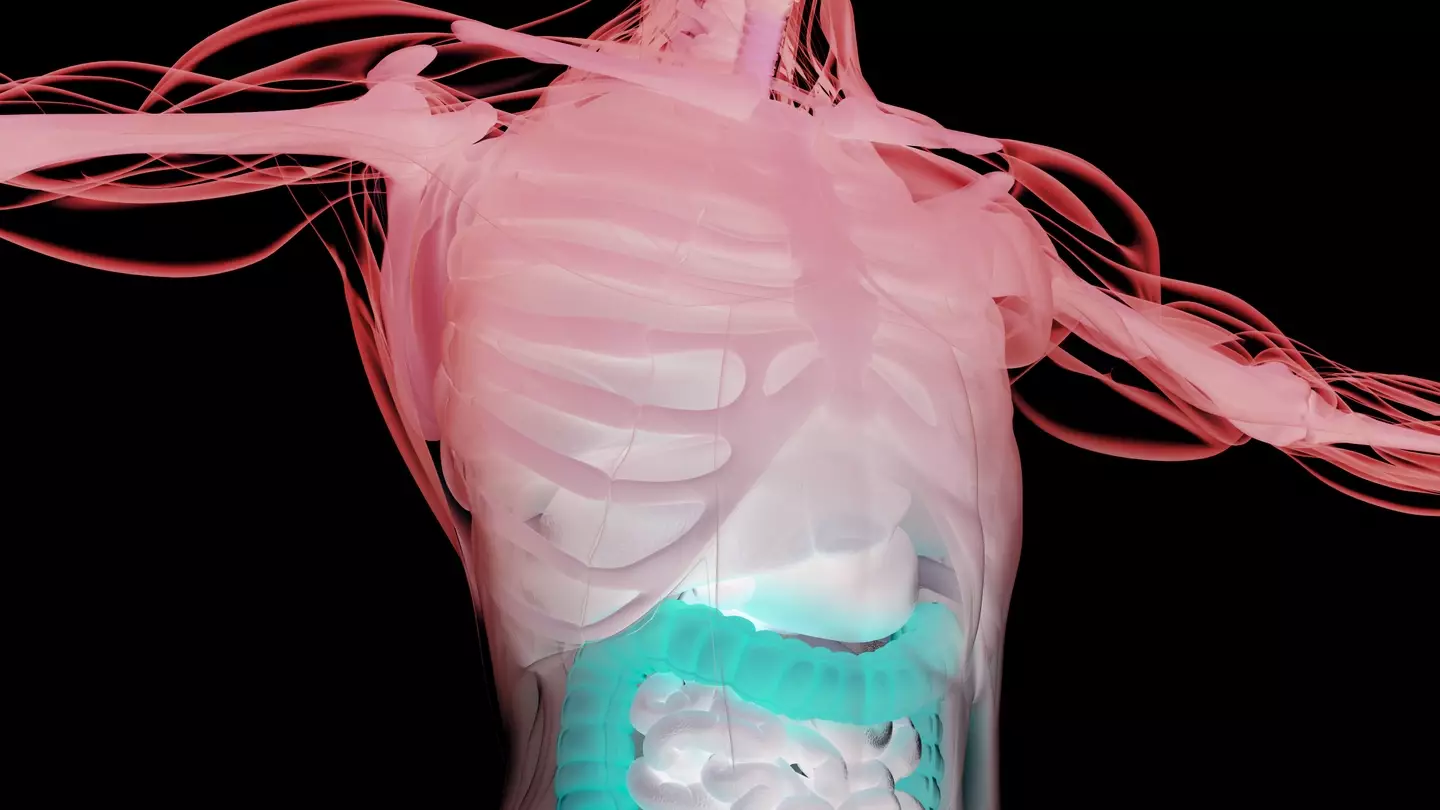A medical professional has provided a comprehensive analysis of what occurs in the human body during a three-day period without food.
According to UCLA Health, the obesity crisis in the United States is intensifying. Approximately 40 percent of the nation’s population is now classified as obese. Additionally, another study indicates that deaths caused by obesity-related cancers have tripled from 1999 to 2020.
Clearly, the food consumed significantly influences both weight and overall health. The ‘American diet’ is often criticized for being one of the least healthy globally, characterized by processed meats, sugary beverages, sweets, fried foods, and high-fat products.
In light of this, a doctor has discussed a potential solution, suggesting that the ancient practice of fasting may offer some benefits.

Dr. Eric Berg introduces his video by stating, “We’ve been programmed to nourish our body to heal,” and proceeds to outline how fasting might serve as an alternative approach to combat viruses and chronic diseases.
“There is one single problem behind all chronic disease, including cancer, and that is insulin resistance,” he explains, asserting that it results from eating ‘too frequently.’
Fortunately, he mentions that improvements may occur through the practice of intermittent fasting.
“If you were to eat right now, your insulin will go up, and because insulin is going to go up, that higher insulin is going to prevent a lot of good things that are going to happen,” Dr. Berg elaborates.
He suggests an 18-hour fast could consist of eating within a six-hour window, such as from 12.00pm to 6.00pm, followed by 18 hours without food.
At this point, he notes, “a lot of benefits are going to happen.”
“You’re going to lose weight in your midsection. You are going to feel better mentally,” Dr. Berg explains. “Your mood will come up, and your inflammation will start going down as well.”

However, he points out that the body doesn’t necessarily ‘tap into’ the stored sugar in the liver unless one engages in more extended fasting periods.
He proposes that a 24 to 48-hour fast can intensify the advantages of intermittent fasting.
During a two-day fast, the body undergoes several transformations, starting with the depletion of most glycogen in the liver.
“It’s like a sponge with water. You’re holding a lot of fluid,” he continues, indicating that a ‘good amount’ of water weight—rather than fat—might be lost initially.
“You’ll lose the water first and then it plateaus,” he adds. “That doesn’t mean it’s not working. It just means that you dumped a lot of water with that stored sugar.”
Subsequently, ketones, comprising 87 percent of the body’s energy, are utilized.
Interestingly, Dr. Berg describes a rise in human growth hormone by the second day, promoting fat burning and potentially aiding muscle growth.
Additionally, he highlights a cognitive benefit due to ‘higher levels of ketones feeding the neurons.’

Dr. Berg explains that fasting beyond two days enables the body to recycle waste into new, functional cells through ‘autophagy,’ a process he describes as ‘magical’ and not feasible when one is regularly consuming food.
Moreover, he notes that this process accelerates when abstaining from food for 72 hours.
“Autophagy starts cleaning up intracellular pathogens,” he states, referring to viruses like Epstein-Barr and herpes.
With no medications available for these viruses, Dr. Berg suggests ‘prolonged fasting’ as the only method for removal.
Lastly, he explains that fasting for 72 hours activates the immune system, essential for protection against cancer and autoimmune disorders.
“Some stem cell therapy is like $50,000, but guess what? You can get stem cell therapy, for free, by just not eating.”
Despite the documented health advantages of fasting, the Mayo Clinic advises that intermittent fasting may not be suitable for everyone, including pregnant women, individuals with eating disorders, those at high risk for bone loss and falls, and those with diabetes.
Research also indicates potential side effects such as constipation, fatigue, dizziness, and menstrual cycle disturbances.
Long-term benefits remain uncertain, and individuals interested in fasting should consult a healthcare provider.

